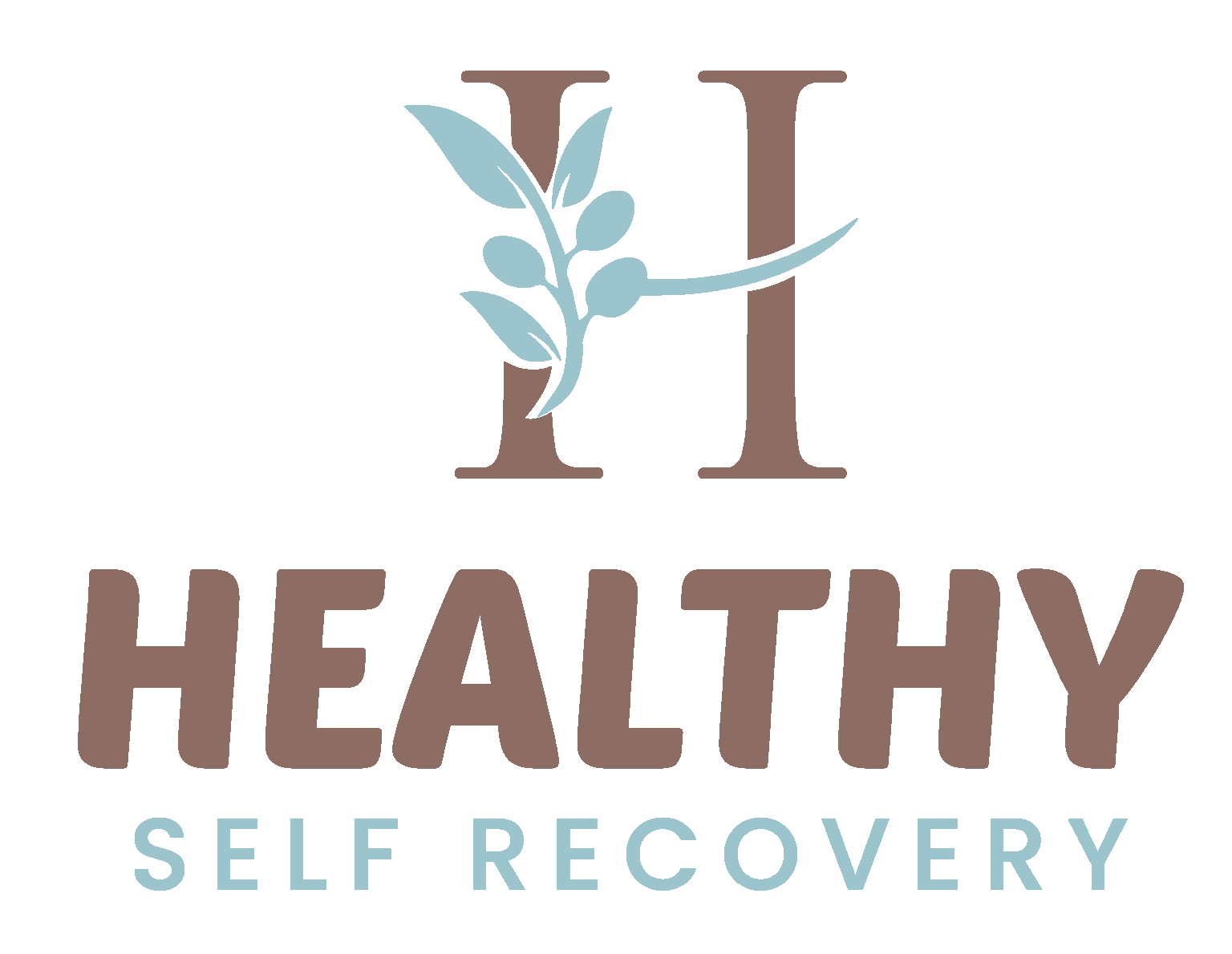In today’s “wellness” obsessed world, the line between genuine health and disordered eating behaviours can become blurred, and many professionals, from corporate executives to social media influencers, can unknowingly fall into the trap of disordered eating disguised as “clean eating” or “wellness.” This blog explores how eating disorder recovery coaching in England can help these high-achievers regain a healthy relationship with food and their bodies.
The pervasive rise of “wellness” culture has significantly impacted our relationship with food and led to a seeming obsession with “clean eating”, detox diets, and an array of highly restrictive diets. This is in part due to the huge rise in social media consumption. Platforms are full of the carefully curated grids of influencers and celebrities who promote the message that restrictive diets are not only healthy but also the key to success and fulfillment.
This narrative can feel seductive to anyone, but especially to high-achieving professionals. They are frequently targeted and sell the myth that focusing on clean eating will increase their energy levels, focus, and productivity, and ultimately bring them greater professional and personal success.

The Fine Line Between Healthy Eating and Orthorexia
Many highly successful, high-achieving professionals often have traits of perfectionism and a drive for excellence that comes with performance-related anxiety and pressure. The perfectionistic tendencies to meticulously manage and control all aspects of one’s life align perfectly with the tightly controlled food choices demanded by clean eating. For some people, tightly controlling one’s food can offer a perceived sense of order and predictability, which may also seem like a successful strategy to alleviate anxiety.
For individuals with these tendencies, what often begins as a genuine desire to eat more healthily can quickly slip into something more restrictive. This may progress into dropping entire food groups from one’s diet—for example, completely avoiding gluten, sugar, or grains. From there, the focus may shift to worrying about food quality, such as avoiding foods with artificial additives. This can lead to a very limited variety of foods being eaten repeatedly.
This constant focus on health and food can quickly become increasingly rigid, restrictive, and all-consuming, leading to:
- Increasing anxiety around making food choices and food preparation
- Intense feelings of guilt, shame, and anxiety if a “slip up” occurs and they eat something not deemed “ healthy”
- Becoming increasingly isolated as they withdraw from social engagements, friends, and family in order to maintain their dietary rules
- A boost in self-esteem and a feeling of virtuousness when eating foods that are deemed healthy
- Mood swings, anxiety, and depression
Recognizing and Overcoming the Hidden Dangers of Clean Eating Obsession
Accepting that clean eating has tipped over into an unhealthy obsession that is having a detrimental impact on one’s physical and mental health can be difficult. This is because society encourages and celebrates these behaviours. However, left untreated, orthorexia or “clean eating” can take its toll, similar to other restrictive eating disorders, culminating in malnutrition, loss of muscle mass, and menstrual cycle irregularities. Aside from the physical effects, the rigidity of rules can cause a lot of mental distress and a loss of capacity to interact socially.
If you or a loved one is struggling with orthorexia or disordered eating, know that help is available. Working with an eating disorder recovery coach can be the solution to breaking free from this cycle.

How Can Working With an Eating Disorder Recovery Coach Help?
- Address not just the behaviours but the tightly held beliefs about food, health, and self-worth that support these behaviours.
- Explore and recognise how societal messaging can encourage an unhealthy relationship with food and body
- Develop a flexible, non-judgmental approach to food
- Learn to make food choices without guilt or fear
- Reframe “safe” and “unsafe” foods
- Separate self-worth from food
- Build confidence and self-compassion
- Find and practise alternative coping mechanisms for stress and anxiety
- Priortise self-care and calming the nervous system on a daily basis
Finding Support and Building Lasting Wellness Through Eating Disorder Recovery Coaching
In summary, eating disorder recovery coaching at Healthy Self Recovery, offers a compassionate and non-judgmental space for individuals and professionals to work collaboratively with someone who deeply understands restrictive thoughts and behaviours. With the constant and unwavering support of an eating disorder recovery coach, professionals are empowered to safely challenge the limiting beliefs that may be holding them back and to cultivate self-compassion. This helps them move towards developing a balanced, flexible, and non-judgmental relationship with food and their body. These habits are more than just dietary changes. They form the real foundations necessary for achieving long-term emotional and physical well-being.
being.
If you find yourself caught in a trap of ‘clean eating” and wellness culture, I encourage you to reach out. You are worthy of support and understanding and of finding peace in your relationship with food and your body.

How Professionals Can Break Free from Clean Eating with Eating Disorder Recovery Coaching in England and Online Globally
If you’re a professional struggling to overcome clean eating, know that you don’t have to face it alone. Healthy Self Recovery offers compassionate support tailored to your unique challenges. Reach out today to begin your journey with eating disorder recovery coaching in England and reclaim a balanced, healthy relationship with food. Follow these three simple steps to get started:
- Contact me to schedule a free discovery call to see if Eating Disorder Recovery Coaching is right for you.
- Begin meeting with me, Marianna Miles, a British Eating Disorder Recovery Coach
- Start breaking free from clean eating!
Additional Services Offered at Healthy Self Recovery
At Healthy Self Recovery, I offer personalized eating disorder recovery coaching designed to meet you wherever you are on your journey. As an eating disorder recovery coach, I actively guide you through recovery and help you create meaningful change in your life. Whether you’re managing the pressures of professional life, adjusting to postpartum changes, or balancing athletic pursuits, my approach is compassionate, practical, and grounded in real-world understanding. Our coaching sessions will explore the thoughts, feelings, behaviors, and anxieties tied to your eating disorder, with added text support for moments when you need extra accountability or encouragement. I also provide meal support sessions, creating a safe space to challenge food rules and develop new coping skills, all while collaborating with your medical team to support your overall treatment goals.
While my services are offered online in England, I also work with clients across the UK in Scotland, Ireland, and Wales, and offer online support globally. Together, we’ll craft a plan that fits your unique needs, empowering you to embrace a life of freedom and fulfillment beyond your eating disorder.








